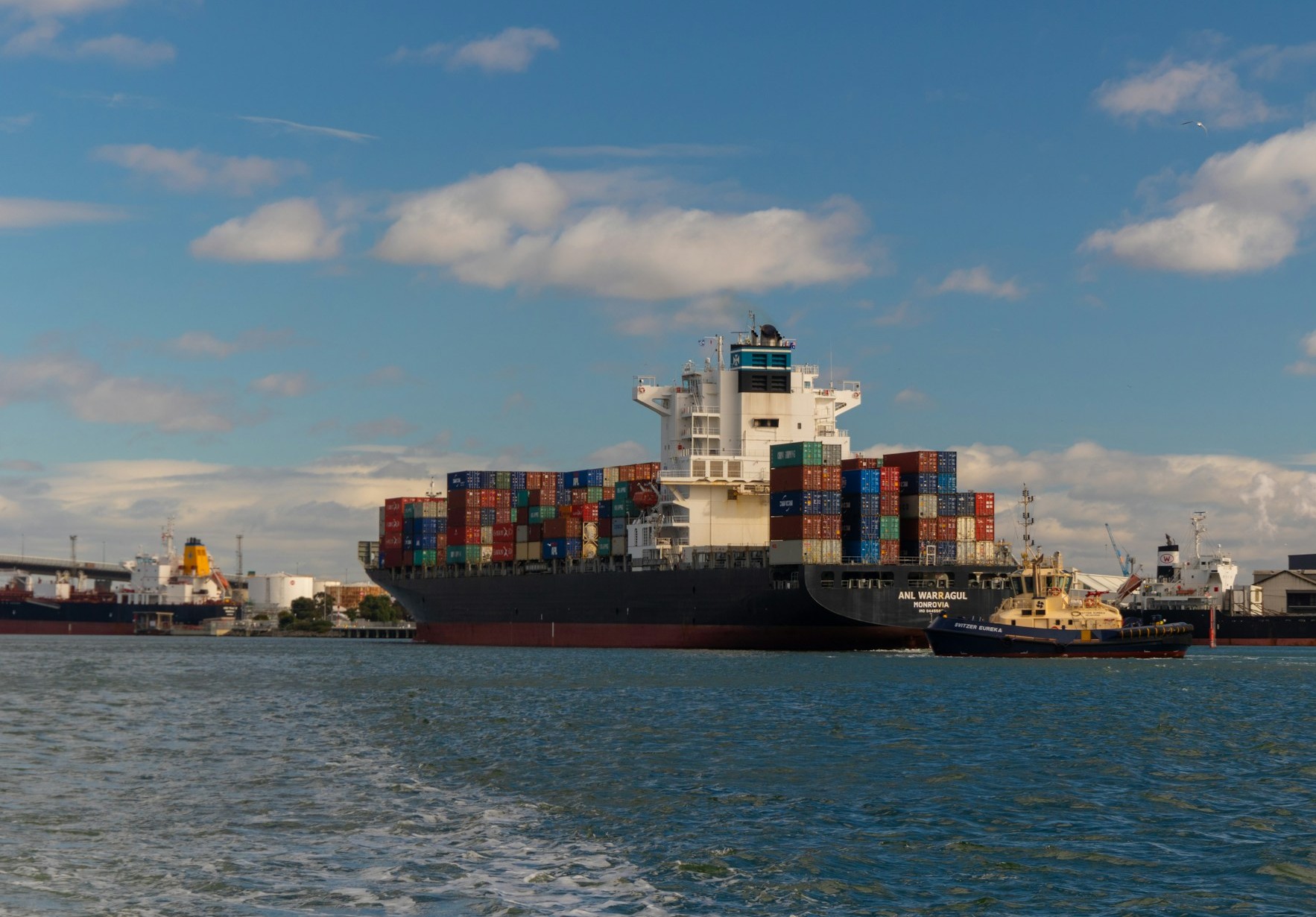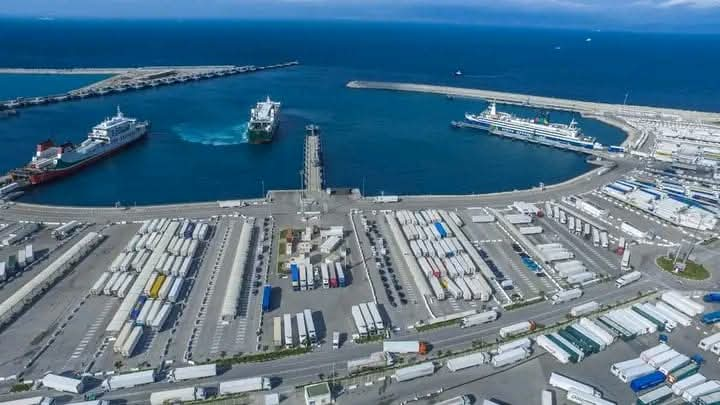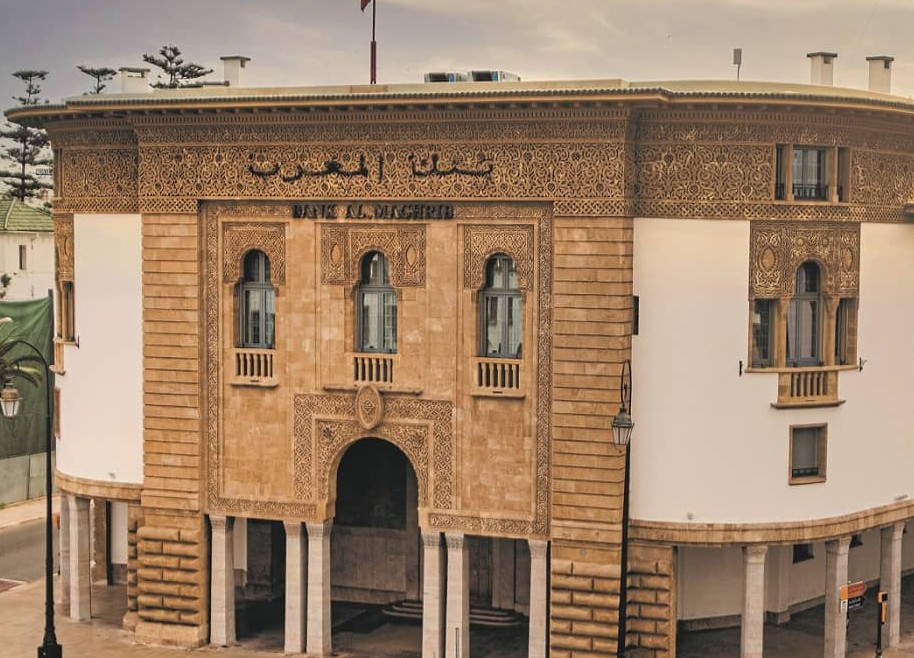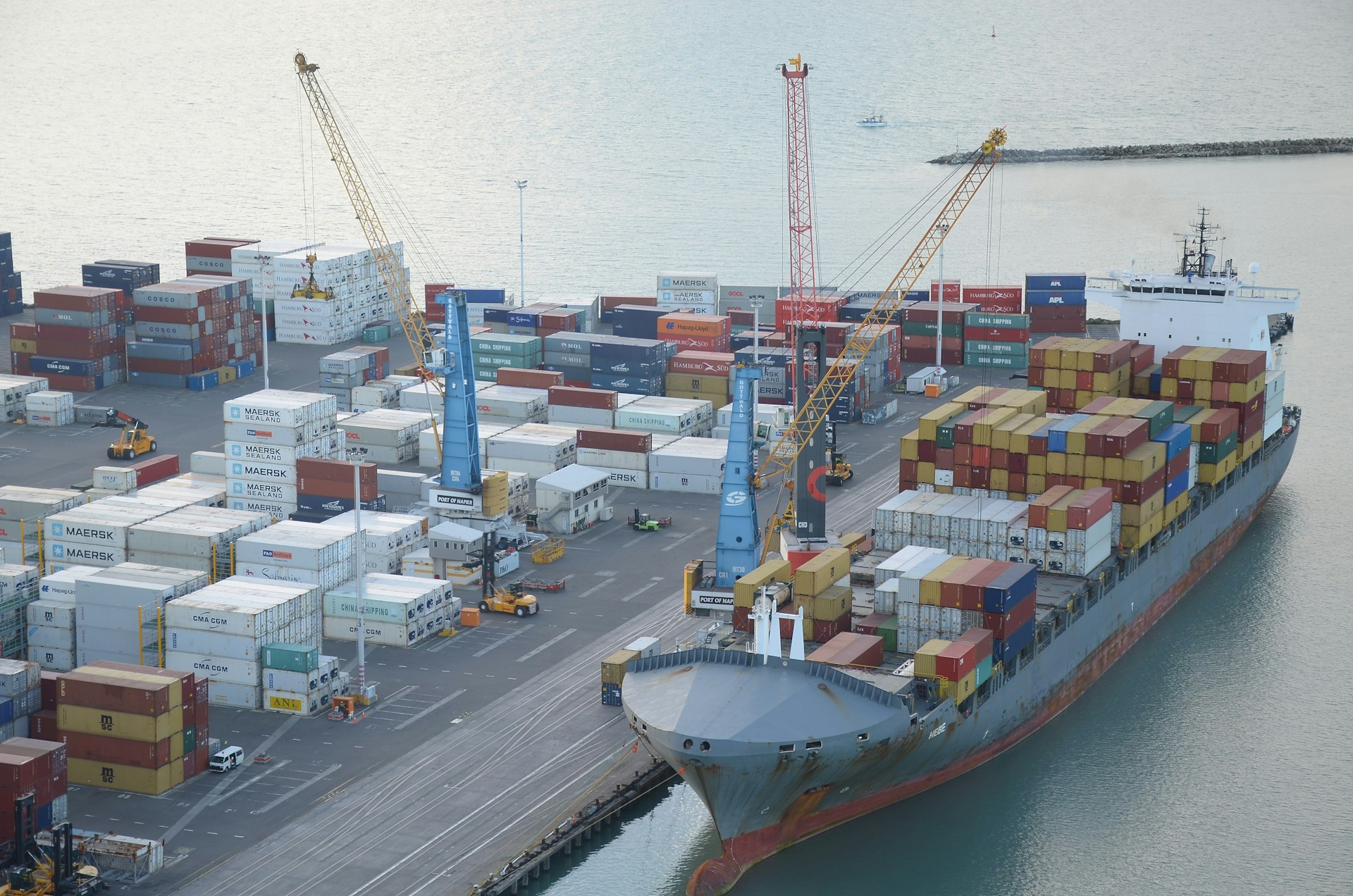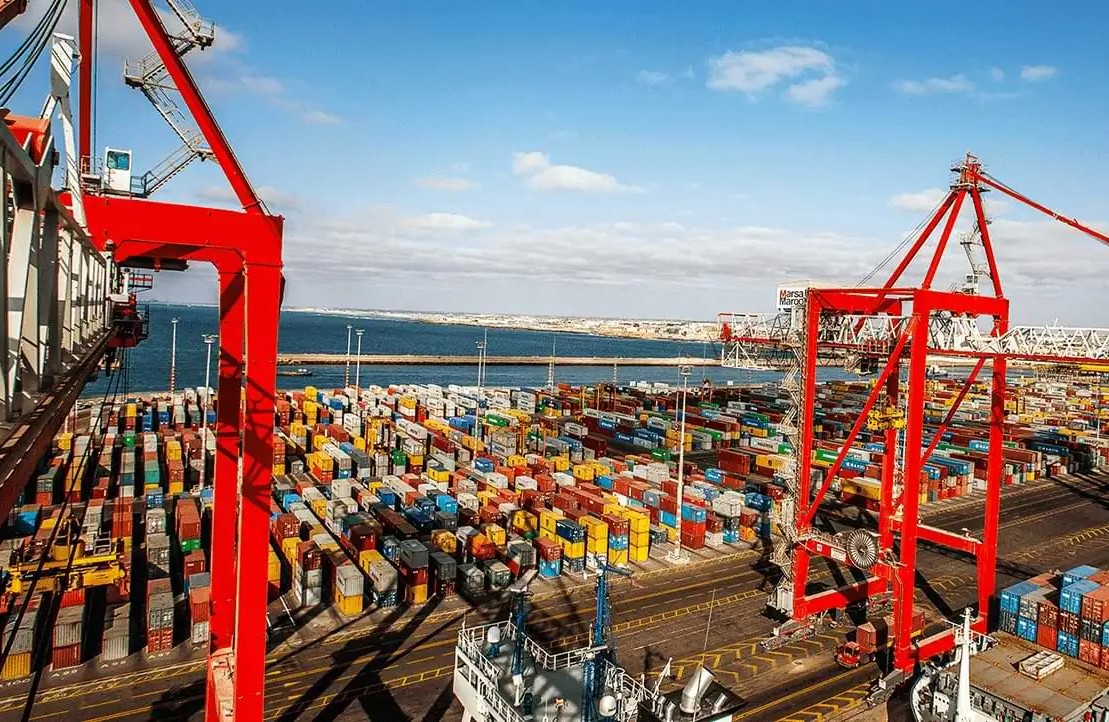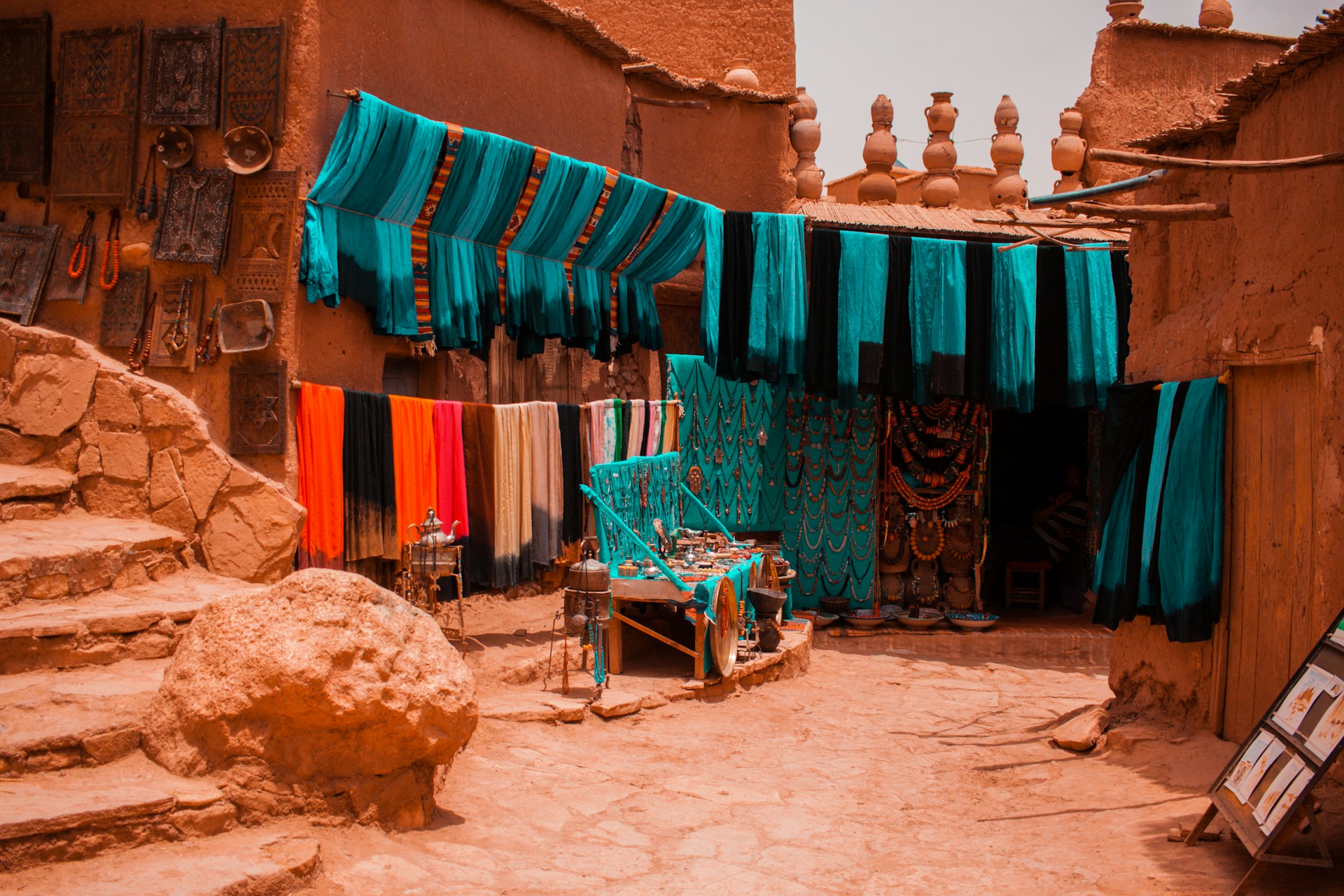Casablanca – Morocco is embarking on a transformative journey to bolster its presence in the global maritime industry, setting a strategic goal to establish a national maritime fleet of 100 ships by 2040. This ambitious plan is part of the Kingdom’s broader vision to enhance its economic sovereignty and regional influence.
A comprehensive plan rooted in analysis
The Moroccan government has laid out a meticulous plan supported by a comprehensive study conducted with a renowned international consultancy. This study, which involved extensive consultations with more than 100 stakeholders from both the public and private sectors, provides a detailed assessment of Morocco’s current maritime capabilities. It also incorporates benchmarks from international best practices to chart a clear and actionable roadmap.
This strategic approach underscores Morocco’s commitment to creating sustainable solutions tailored to its national priorities. By leveraging its geographic advantage and existing infrastructure, Morocco aims to position itself as a critical hub in the global maritime landscape.
Enhancing regional integration and economic development
Central to Morocco’s maritime strategy is the vision of using its national fleet to boost regional integration, particularly among the Atlantic coast nations of Africa. Ports like Tanger Med and the upcoming Dakhla Atlantic are pivotal in this vision, serving as gateways to the continent and beyond. These ports, recognized for their world-class facilities, are integral to Morocco’s aspiration of becoming a leading maritime hub.
The proposed fleet will not only address current maritime transport challenges but will also be instrumental in emerging strategic flows, such as the transportation of green hydrogen. This move is expected to fortify Morocco’s role in international trade, enhancing its economic integration within the region and boosting its socio-economic development.
Structural reforms to drive competitiveness
For the fleet to thrive, Morocco is preparing to implement significant regulatory and fiscal reforms aimed at enhancing the competitiveness of its maritime sector. Among the proposed measures are:
- Introduction of a tonnage tax: This will align with international standards to attract foreign investment and enhance the financial appeal of operating within Moroccan waters.
- Reduction of chartering costs: By eliminating the 10% withholding tax on ship chartering, Morocco aims to lower operational costs and encourage more activity within its maritime industry.
- Flexibility in maritime employment: Adjusting the employment regulations for Moroccan sailors will facilitate their integration into the international maritime labor market, making Morocco a more attractive location for global maritime operators.
These reforms are designed to foster a competitive environment that will attract necessary investments and facilitate the growth of the national fleet.
A balanced approach to fleet composition
Rather than exclusively focusing on ships flying the Moroccan flag, the strategy includes a balanced approach. The fleet will comprise vessels under the Moroccan flag and those operated by companies with substantial Moroccan ownership, whether public or private. This pragmatic approach aims to maximize Morocco’s influence in the global maritime sector while ensuring economic benefits are retained within the country.
A vision of sovereignty and global standing
This initiative reflects Morocco’s ongoing efforts to assert its strategic autonomy and enhance its standing in the international arena. The plan to establish a fleet of 100 ships by 2040 is more than a logistical target; it represents Morocco’s determination to be a leader in maritime commerce.
With a combination of strategic foresight, structural reforms, and international collaboration, Morocco is setting the stage for a maritime renaissance. This bold ambition is poised to reshape the country’s economic landscape, making Morocco a formidable player in the global maritime industry and a model for maritime development in Africa and beyond.
By implementing this plan, Morocco is securing its maritime future while building a stronger economy and greater global presence. The Kingdom’s efforts show its dedication to growth and success.




